The Scientific Journal
The Scientific Journal
Authorship and the Politics of Knowledge in the Nineteenth Century
Alex Csiszar
The University of Chicago Press
Chicago and London
The University of Chicago Press, Chicago 60637
The University of Chicago Press, Ltd., London
2018 by The University of Chicago
All rights reserved. No part of this book may be used or reproduced in any manner whatsoever without written permission, except in the case of brief quotations in critical articles and reviews. For more information, contact the University of Chicago Press, 1427 E. 60th St., Chicago, IL 60637.
Published 2018
Printed in the United States of America
27 26 25 24 23 22 21 20 19 18 1 2 3 4 5
ISBN-13: 978-0-226-55323-8 (cloth)
ISBN-13: 978-0-226-55337-5 (e-book)
DOI: https://doi.org/10.7208/chicago/9780226553375.001.0001
Library of Congress Cataloging-in-Publication Data
Names: Csiszar, Alex, author.
Title: The scientific journal : authorship and the politics of knowledge in the nineteenth century / Alex Csiszar.
Description: Chicago ; London : The University of Chicago Press, 2018. | Includes bibliographical references and index.
Identifiers: LCCN 2017038012 | ISBN 9780226553238 (cloth : alk. paper) | ISBN 9780226553375 (e-book)
Subjects: LCSH: SciencePeriodicalsPublishingHistory19th century. | Communication in science. | Technical writingHistory19th century.
Classification: LCC Q223.C85 2018 | DDC 501.4dc23
LC record available at https://lccn.loc.gov/2017038012
 This paper meets the requirements of ANSI/NISO Z39.48-1992 (Permanence of Paper).
This paper meets the requirements of ANSI/NISO Z39.48-1992 (Permanence of Paper).
To my mother and the memory of my father
... & weekly scientific journals had their news sheets attached, with its accidents & offences, its police, its Waylayings & elopements, & the chase there anent, & crime, cons &c. &c. & did not these in time convey their influence even to philosophers?
WILLIAM JARDINE , Reality, a Tale of Physical Science, Founded on Facts (ca. 1844)
Contents
Literary genius parceled out like cakes on the counter of a pastry shop, in J.-J. Grandville, Un autre monde (1844)
Putting Scientific Information to Work, Institute for Scientific Information, 1967
Approbation of the Royal Academy of Sciences, in Jean-Baptiste Lamarcks Flore franoise (1778)
Transactions in 1791 and 1792
Franois Roziers Observations et mmoires sur la physique (1773)
The Annales de chimie (October 1792)
The Philosophical Transactions (1803) and the Philosophical Magazine (March 1803)
The Balance of the Journalist, La Charge, 2 December 1832
5 (1826), and the Bulletin des sciences naturelles et de gologie (December 1824)
La tribune des journalistes, LIllustration, 9 March 1844
Proceedings of the People, Black Dwarf, 24 February 1819
The Mechanics Magazine, 27 September 1823, and The Chemist, 25 September 1824
meeting of 20 April 1827
Le Globe, 14 April 1825, and Le Constitutionnel, 26 April 1825
Le Temps, 13 June 1832
The feuilleton of Le Temps as an octavo journal, 11 June 1832
What a treacherous path! (luckily there are judges in France), Le Charivari, 15 October 1833
and Franois-Vincent Raspails simple microscope
Le Rformateur, no. 152 (10 March 1835)
Academician and Plagiarist, Le Charivari, 2 and 9 October 1833
Les Comptes rendus hebdomadaires, 29 April 1839
The Infernal Machine of Sauzet, La Caricature, 20 August 1835
Science Without a Head (1830)
Analytical contents of the papers read before the Royal Society, in Science Without a Head (1830)
The Commercial History of a Penny Magazine (December 1833)
Printed report by Whewell and Lubbock on a paper by George Biddell Airy (1832)
News, 29 June 1844
A sealed note written by Michael Faraday and deposited in the strong box of the Royal Society, 1832
Mr. Adams discovering the new planet in Mr. Leverriers report, LIllustration, 7 November 1846
LAmi des sciences, 15 November 1857, and La Science pour tous, 29 November 1860
Grandville, Un autre monde (1844)
The Quarterly Journal of Science (April 1866), the Quarterly Journal of the Geological Society (November 1866), the Philosophical Magazine (June 1862, Supplement), and the Journal of the Linnean Society (Zoology) (11 October 1866)
William Fairbairns Royal Society election certificate (1850)
of journals and transactions indexed for the Catalogue of Scientific Papers, 1864
Catalogue of Scientific Papers 1 (1867), p. 340
Haidingers data on scientific authorship organized by region of Europe, 1870
Projection and transcription of microscopic dispatches during the Siege of Paris, in G. Tissandier, Les mervielles de la photographie (1874)
Clerks analyzing papers at the Institut de bibliographie scientifique, 1897
List of services (with prices) offered by the Institut de bibliographie scientifique, 1896
The principal library of the Royal Society of London at Burlington House, 1906
Manufacturing a Climate Consensus, Wall Street Journal, 17 December 2009
Broken Pieces of Fact
We expect a lot of different things of the scientific journal. Not only is it the medium through which scientists are supposed to make knowledge claims public, but the journal literature is also alleged to be a relatively robust archive of humanitys scientific knowledgeit has variously been called scientists bible, canon, and heritage.
We expect journals ideally to be public and open to allthey embody the vision of science as public knowledge, even if what that means papers are written to be read almost exclusively by small cadres of initiates.
The journal literature is also used to identify who counts as a legitimate scientific practitioner and who is a qualified expert in relevant fields. When questions arise as to what scientific consensus is on some matter of concern, governmental bodies, the public, and even scientists routinely look to the
Not very long ago this arrangement appeared to many observers to be a natural feature of how modern science is supposed to work. That has now changed. We are in the midst of an intense period of of experts, both a complete record and a painstakingly vetted selection? And what are the stakes in deciding that this no longer makes sense?
This book sets out to explore these problems by investigating two linked questions. First, how did so much epistemic weight come to be loaded into this one format over all others? Second, how did the public legitimacy of the scientific enterprise become so closely associated with the scientific literature? One quick way to state my argument is that you cannot really answer one of these questions without answering the other one too.
Let me explain. The scientific journal is not nowindeed, has never beenthe main way in which scientists communicate among themselves or with others about the natural world. Scientists have always used a wide spectrum of media and formats to accomplish these things, including letters, telephone conversations, databases, conferences, laboratories, offices, classrooms, and (in the past few decades) email, video, and other networked platforms. But even if we agreed that what really matters are the conversations within laboratories, correspondence, or wine-fueled receptions at conferences, it remains the case that acts of submitting work to a journal, of refereeing, of a papers being accepted or rejected by a more or less prestigious publication, provide a great deal of fodder for such conversations. In this way the rituals associated with the scientific literature structure the everyday life of science in ways that go well beyond the formal machinery itself. The value ascribed to publishing research papers, and the general expectations about the form that those papers ought to take, influence the kinds of projects researchers choose to pursue, the modes of collaboration that they routinely engage in, and the kinds of information sharing that research communities demand. Imagine for a moment that the making of an academic scientific career required scientists to publish not papers but a longer book that synthesized a field of information based on their own and others researchone that might require the research assistance of a large team of assistants behind the scenes. All of these conditions on the making of scientific knowledge would certainly take quite a different form. Formats and genres have epistemic consequences.

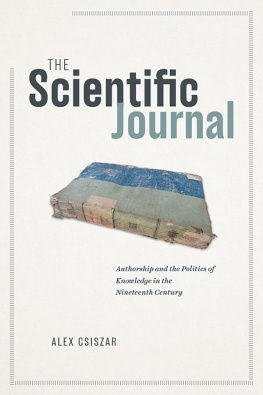

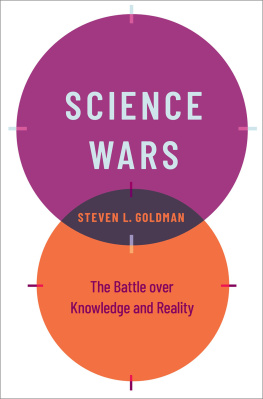
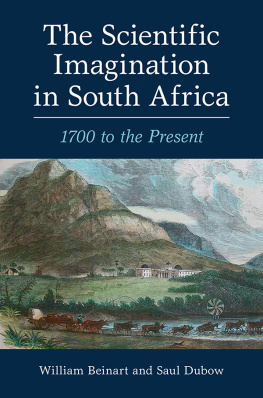
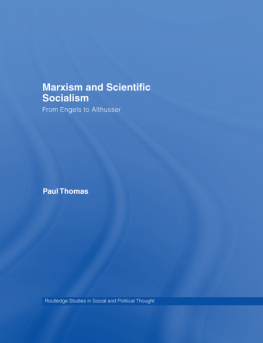
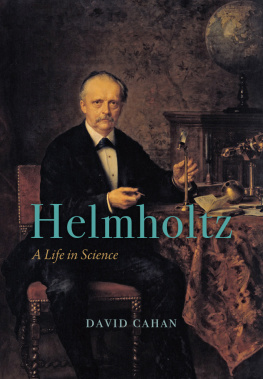
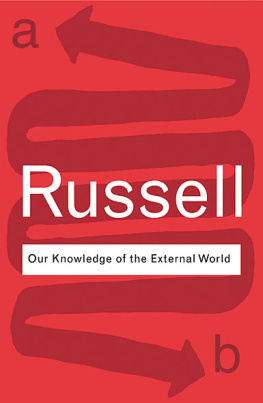
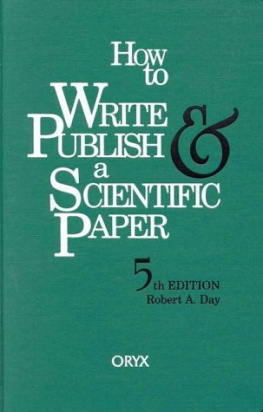
 This paper meets the requirements of ANSI/NISO Z39.48-1992 (Permanence of Paper).
This paper meets the requirements of ANSI/NISO Z39.48-1992 (Permanence of Paper).